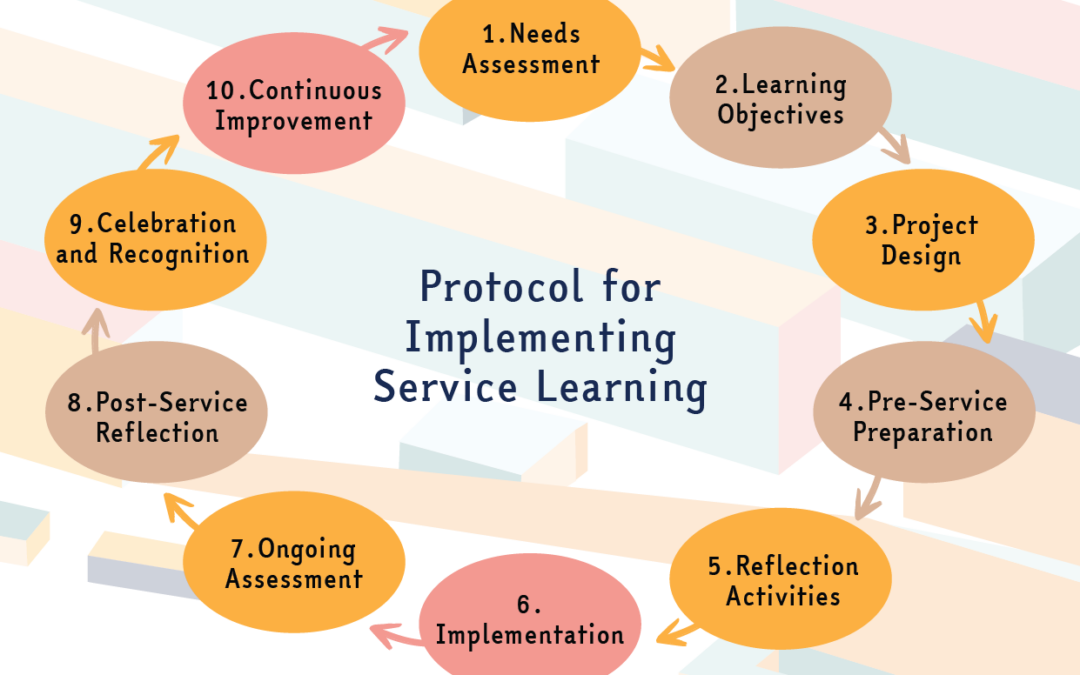Accessibility is a key element of social inclusion and independent living, as an accessible environment allows everyone to move freely and independently. This is even more evident in urban areas, where the complexity is increased by the mix of architecture, facilities and services built at different times. Accessibility refers to the ability to access a place, an urban area, for all and in all its aspects: squares, buildings, shopping areas, public transport. It looks at how a place is inclusive, allowing people to reach any place they want without the assistance of a career.
As stated by the European Disability Forum, “an accessible environment is simply a better environment for all people, whether they have a disability or not –https://www.edf-feph.org/built-environment-policy/” and this vision is fully shared by the Map4Accessibility Partnership. The Map4Accessibility (M4A) project is based on a combination of social inclusion, accessibility for people with disabilities, civic engagement and ICT-based solutions. Its aim is to promote service learning in Higher Education Institutions (HEIs) through the implementation of different activities for community accessibility mapping and improving the physical and digital accessibility of cities.
Coordinated by TUSCIA – University of Viterbo, the project enjoys a very committed partnership composed of universities – University of Catania, South-West University “Neofit Rilski”, ESCP Europe – research centres and NGOs (ARFIE, Associação Salvador, Europroject company), which is engaged in the co-creation of a pan-European accessibility mapping tool, highlighting both digital and physical accessibility at urban level.
To improve the accessibility of cities, Map4Accessibility uses a co-design approach that involves all stakeholders in all parts of the process, from identifying and understanding problems to mapping accessibility and generating solutions. Students from 4 Higher Educational Institutions (HEIs) are civically engaged through a Service Learning (SL) pedagogical approach in urban walks to map barriers and evaluate public accessibility for people with different types of disabilities (e.g. motor, visual, hearing and intellectual). In addition, Map4Accessibility is currently developing an app to help disabled people choose the most accessible routes and places in their city, taking into account their specific needs. The Map4Accessibility app has been tested by students in 4 case study cities – Catania, Italy; Berlin, Germany; Blagoevgrad, Bulgaria and Lisbon, Portugal. The collected data was feed into the first version of the app.
PR4 APPLICATIONS OF SERVICE-LEARNING HANDBOOK: AN INNOVATIVE PEDAGOGICAL APPROACH TO ENGAGE STUDENTS AND TEACHERS FOR ACCESSIBILITY AND INCLUSIVITY.
Activities related to PR4 concern the creation of an innovative pedagogical approach (service learning) and by involving students, teachers and other interested stakeholders in using or developing it further. . A best practice guide has been produced on how to implement ECTS-recognised service learning as a pedagogical methodology in educational institutions (not limited to higher education institutions). It covers ways of involving students in real-life, community-based and needs-driven projects in addition to the theoretical knowledge acquired in their academic studies. The handbook has a focus on disability and inclusivity service-learning experiences for students.
On the other hand, the Map4accesibility web application, available at this link: https://app.map4accessibility.eu/, has been developed as a tool to map the physical and web accessibility of different sites and to provide accurate information about accessible locations at a ‘city’ level. It is providing feedback on the presence or absence of various facilities, identified barriers and meeting accessibility standards. It also applies universal design principles and suggests improvement to existing facilities. People with disabilities are thus provided with access to important information about routes, facilities and services in real time.
More information avialable at the project website:
https://map4accessibility.eu/